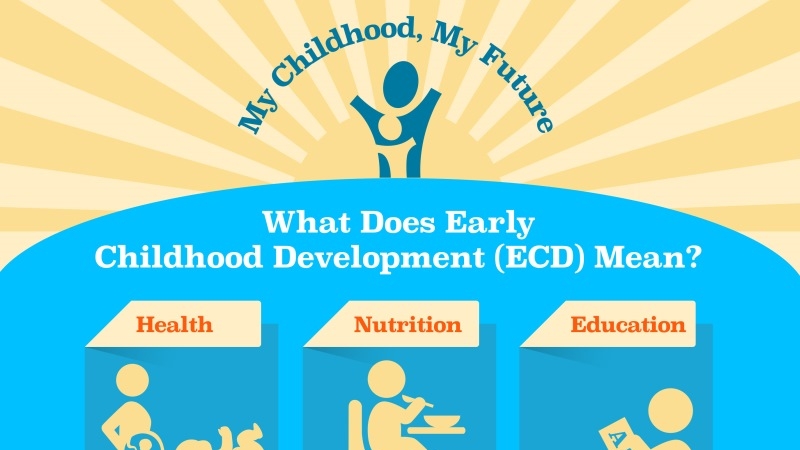While you might think putting money into pre-primary schools and childcare would be the last thing anyone should care about in the Middle East and North Africa (MENA) right now, new data suggests it should in fact be a priority. Studies show that what happens to children in their very first years—physically, psychologically, emotionally—shapes the outcome of their lives. It affects whether they thrive at school and go on to find jobs, earn a decent living and, in turn, manage (socially and economically) to bring up their own children. Investing in early childhood pays rich dividends not just for individuals, but for whole societies. Failing to invest in Early Childhood Development (ECD) does the reverse, passing poverty down through generations.
Yet, the MENA region’s public investment in early childhood is among the lowest in the world; in 2011, pre-primary enrollment stood at 27%, half the world rate. About one in every 40 children dies in their first year, often from preventable diseases. Malnutrition stunts the growth of about 18%—almost one fifth—of children, affecting them both cognitively and physically. A child suffering from malnutrition may struggle to learn, putting them at a permanent disadvantage in school and later life. In 25 years’ time, one-fifth of MENA’s workforce may be less productive than it could have been were more programs in place today for better nutrition in infancy and better childcare.
Until now, data and research on ECD in MENA has also been in short supply. A new report from the World Bank, Expanding Opportunities for the Next Generation: Early Childhood in the Middle East and North Africa sets out to fill this gap. It pulls together research and data from 12 MENA countries and territories, delivering useful insights on the state of early childhood development in the region from a number of dimensions, and providing benchmark figures from the latest available data that governments and organizations can refer to as they map a way ahead.
The prevailing pattern is that many countries fare well in some aspects of early child development while doing poorly in others at the same time. In Lebanon, for example, 95% of mothers receive prenatal care but only 51% of children are fully immunized by the age of 1. Similarly, pre-conflict figures from Libya in 2007 show most births (99%) attended by skilled assistants, but just over half of children (52%) living in households using iodized salt, vital for brain development, and far fewer (9%) having any experience of early education or trained childcare.

